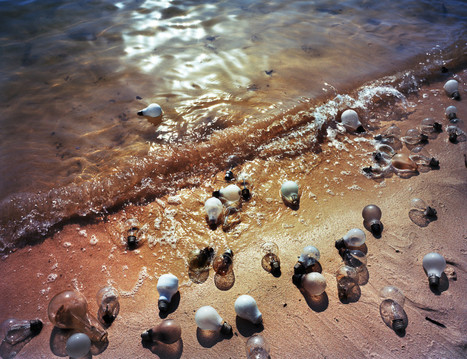What economists around the world get wrong about the future.
The idea that economic growth can continue forever on a finite planet is the unifying faith of industrial civilization. That it is nonsensical in the extreme, a deluded fantasy, doesn't appear to bother us. We hear the holy truth in the decrees of elected officials, in the laments of economists about flagging GDP, in the authoritative pages of opinion, in the whirligig of advertising, at the World Bank and on Wall Street, in the prospectuses of globe-spanning corporations and in the halls of the smallest small-town chambers of commerce. Growth is sacrosanct. Growth will bring jobs and income, which allow us entry into the state of grace known as affluence, which permits us to consume more, providing more jobs for more people producing more goods and services so that the all-mighty economy can continue to grow. "Growth is our idol, our golden calf," Herman Daly, an economist known for his anti-growth heresies, told me recently.
Tags: op-ed, economic, industry, sustainability, development, consumption, climate change, environment, resources.



 Your new post is loading...
Your new post is loading...




















